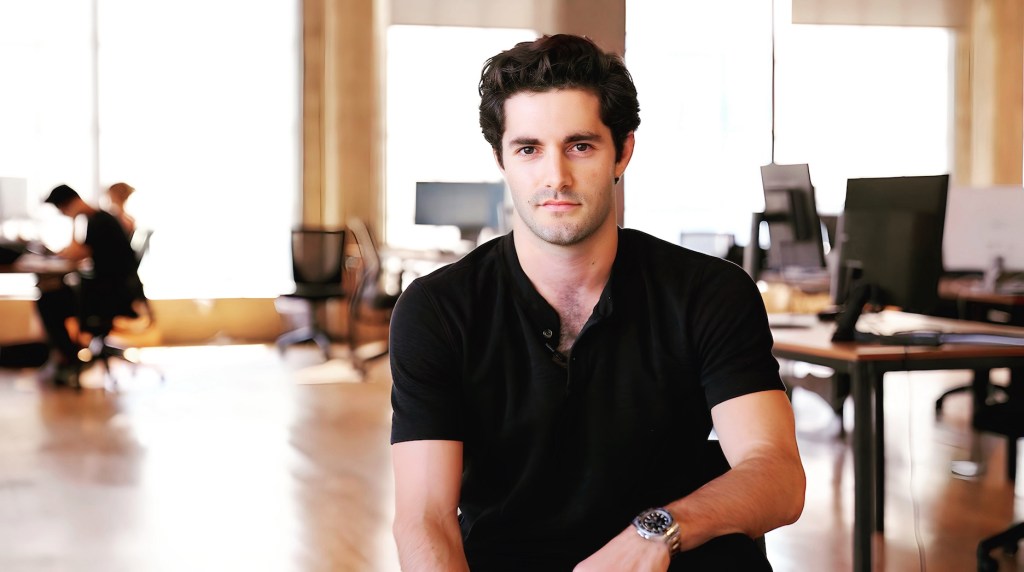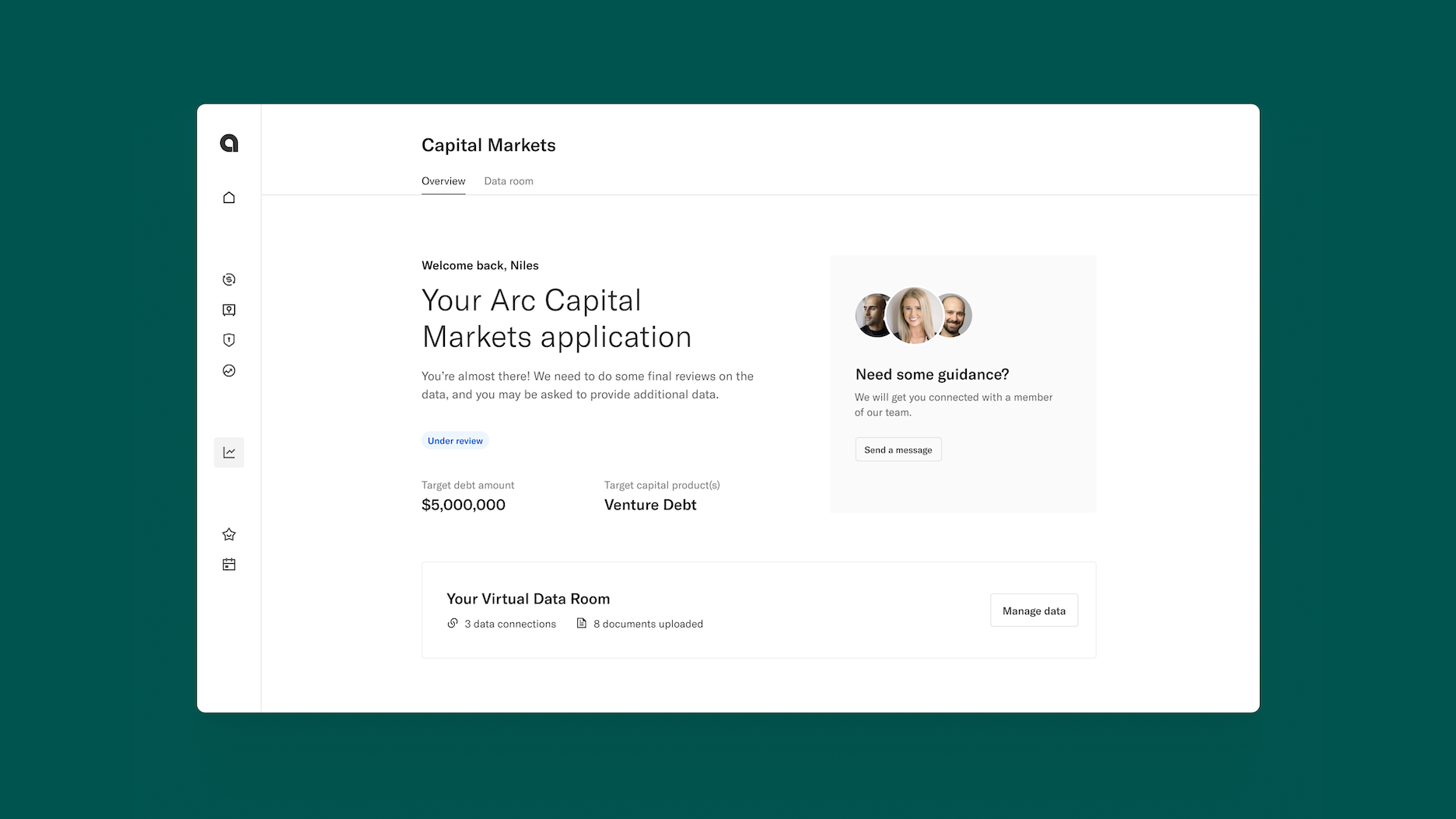
Skip, a wearable tech startup that began as a secretive project inside Alphabet, exited stealth this week to announce a partnership with outdoor clothing specialist Arc’teryx. The deal is the first to bring Skip’s technology to market: “powered pants” that utilize a soft exoskeleton.
The tech, called MO/GO, short for “mountain goat,” is a hybrid soft/rigid system designed to assist wearer mobility and boost the wearer while walking. Rather than actually walking for a person, it provides a 40% energy assistance to the quadricep and hamstring, while offloading work from the knees.
Reservations for the technology open this week, with plans to begin shipments later this year. MO/GO is getting a soft launch in late-summer, early-fall as a rental, offered near hiking destinations like the Grand Canyon.
TechCrunch first wrote about the technology in 2021, while it was still a project being developed in-house at Alphabet’s X Labs moonshot factory.

But between late 2023 and early 2024, Alphabet reportedly began cutting resources at X as part of company-wide layoffs. The Google parent includes X Labs in a unit called “Other Bets,” which lost $1.19 billion in Q3 of last year.
“Toward the end of 2023 was when it started becoming clearer that it wouldn’t really make sense as a project within Alphabet,” founder and CEO Kathryn Zealand tells TechCrunch. “That was also a time in the world where there was a lot of cost cutting, and this was going to be tricky. We had to start fundraising.”
Alphabet wouldn’t sell Skip’s foundational IP to Zealand as an individual, so she engaged with VCs in a bid to form the spinout. To date, the startup has raised $6 million through a combination of funding and grants.
As it began to strike out on its own, signing a fashion partner became an increasing focus for Skip’s go-to-market.

“I have a terrible fashion sense,” Zealand says with a laugh. “It was clear, even when we were working in X, that the technology had potential. People would come in and they’d have knee pain or struggle with stairs. They would put on a prototype and they could do it.”
Zealand tells the story of a woman who hadn’t climbed up a flight of stairs in 25 years, only to do it twice in quick succession while wearing the technology. “But the jump from ‘it works in the lab’ to what would be a viable consumer product that people would use every day — a lot of these were wearability challenges,” she says.
Skip initially explored multiple clothing partnerships, ultimately settling on launching with just one. Arc’teryx “ticked all the boxes,” according to Zealand. The Vancouver, BC-based company produces clothing but also “hard goods” like harnesses and ski boots — a cross section between form and function that was right in Skip’s sweet spot.
Hiking rentals will provide anonymous data collection to test MO/GO in rugged, real-world scenarios, but Skip’s ultimate focus is everyday wear. The launch cost of $4,500 will almost certainly restrict its use for the non-mobility limited. Zealand says the company is currently in clinical trials to test the system’s efficacy in assisting conditions like Parkinson’s.
Any potential to have the system classified as a medical device is, however, is likely still years off. In the shorter term, Skip is looking toward having its system covered by FSA to help bring down the price for users. Scaling manufacturing will help bring the price down as well over time.
Alphabet has employed a variety of different methods for working with X Labs spinouts over the years. Big bets like Waymo tend to receive more foundational support from the tech giant, while smaller projects are nudged from the nest and encouraged to fly on their own.
The latter model looks to become a more frequent option, as Alphabet has scaled back resources. Iyo founder and CEO Jason Rugolo told us a similar story when we spoke about his company’s generative AI headphones back in May, noting that Alphabet served as an early investor but opted against taking a seat on the startup’s board.


